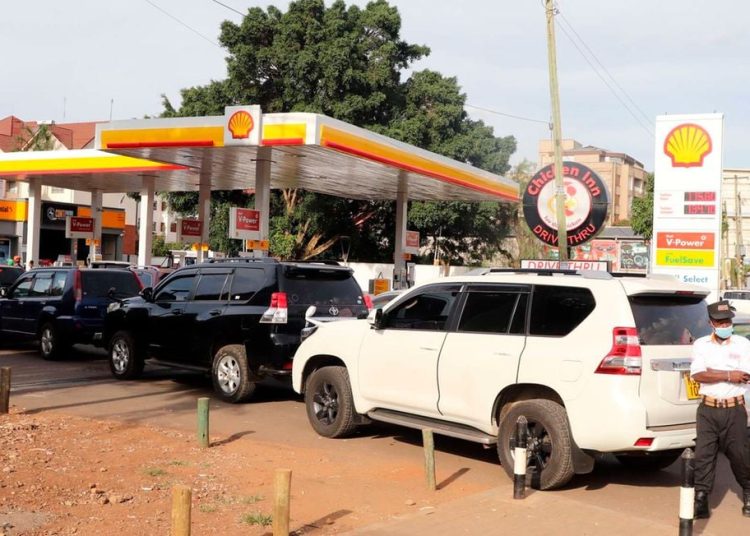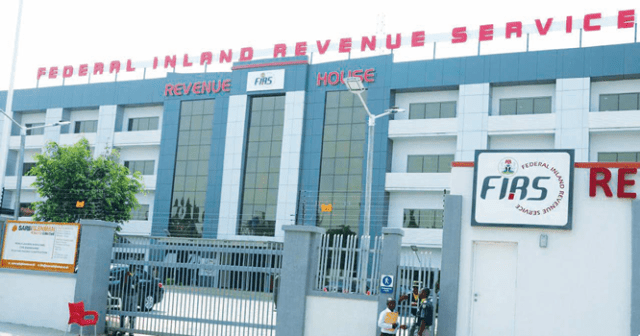East African economies are facing a sustained period of high fuel prices after Saudi Arabia, the world’s largest oil exporter, announced a decision to extend its voluntary oil output cut of one million barrels per day (bpd) to September, the third consecutive month of such cuts, with the possibility of further extensions.
The latest global oil dynamics coupled with the depreciation of local currencies have put Kenya’s fresh fuel stabilisation programme to a litmus test.
This is after Ksh1.8 billion ($12.58 million) of an estimated Ksh3.5 billion ($24.47 million) in the Petroleum Development Fund (PDF) was used to stabilise fuel prices for the next 30 days (August 15-September 14).
“Expectations of higher international oil prices and the possibility of further shilling weakness will test the government’s commitment to contain fuel prices in the coming months,” said Jacques Nel, Head of Africa Macro at Oxford Economics Africa.
“The Kenyan government has blinked in its battle against subsidies. Fuel pump prices will be kept stable this pricing cycle despite fundamentals requiring upward adjustments, with the Petroleum Development Fund footing the bill,” added Mr Nel through a daily market note dated August 15.
Kenya re-introduced a fuel stabilisation plan through the Petroleum Development Levy widely viewed as part of a plan to cushion consumers from the high cost of living and tame the growing public rage over the Kenya Kwanza regime that had prioritised reduction in the high cost of living as part of its campaign manifesto.
The administration abolished the fuel and maize subsidies in September last year after President William Ruto was sworn into office, arguing that subsidising consumption was “unsustainable.”
This week, President Ruto clarified that the latest consumer cushion is not a subsidy but purely a fuel stabilisation mechanism through a kitty financed by motorists at the rate of Ksh5.4 ($0.03) per litre.
Riyadh announced its extension of its oil production cuts to September on August 3, prompting a more than two percentage point rise in global brent oil prices to about $85.14 a barrel.
According to the International Energy Agency (IEA), global oil demand is set to expand by 2.2 million bpd to 102.2 million bpd, with China accounting for more than 70 percent of the growth.
This comes at a time a sharp reduction in Saudi production in July saw output from the Organisation of Petroleum Exporting Countries (Opec) and allies fall by 1.2 million bpd to 50.7 million bpd.
Saudi Arabia’s latest extension of its oil output cuts adds to 1.66 million bpd, which other Opec+ members agreed upon in April to run until the end of 2024.
Riyadh is expected to produce only nine million barrels a day in September, accounting for about nine percent of global production.
It has reduced production by close to two million barrels a day since the third quarter of last year.
And Russia, which had agreed in July to reduce production by 500,000 barrels a day, will also cut production by 300,000 barrels a day in September, according to Reuters.
The oil supply cuts started in October 2022 when Opec and its allies — which produce about 40 percent of the world’s crude oil — disclosed that it was cutting oil output by two million bpd.
Russia and Saudi Arabia are the leading members of Opec+, the group of major oil-producing nations.
In the US, the Joe Biden administration has been pressing Saudi Arabia to keep production high.
Regionally, fuel prices in Kenya and Tanzania increased significantly this month.
In Tanzania, the Energy and Water Utilities Regulatory Authority (Ewura) increased the costs of fuel by at least 17 percent in its latest monthly review effective August 2, after the removal of the Tsh100 billion ($40.06 million) fuel subsidy in 2022.
After the changes, a litre of petrol in the commercial capital, Dar es Salaam, now retails at Tsh3,199 ($1.28) from Tsh2,736 ($1.09) the previous month while a litre of diesel costs Tsh2,935 ($1.17) from Tsh2,544 ($1.01).
The price of kerosene increased from Tsh2, 668 ($1.06) to Tsh2, 829 ($1.13) per litre in the same period.
In Kenya, the Energy and Petroleum Regulatory Authority (Epra) left fuel prices unchanged in its latest review period (August 15 to September 14). This is after the government opted to compensate oil marketers at the rate of Ksh7.33 ($0.05) per litre of petrol, Ksh3.59 ($0.02) per litre of diesel and Ksh5.74 ($0.04) per litre of kerosene to cushion consumers.
As a result, the price of fuel in Nairobi remained unchanged at Ksh194.68 ($1.35) for petrol, Ksh179.67 ($1.25) for diesel and Ksh169.48 ($1.18) for kerosene.
The oil marketing companies will be compensated from the PDL.
Petroleum pricing in Kenya is done in accordance with the Energy (Petroleum Pricing) Regulations 2010 of Legal Notice No,196 of 2010.
The regulations task Epra to set maximum retail prices for super petrol, diesel and kerosene by location on the 14th day of every month.
In setting prices, Epra uses a formula that takes into account the importation cost of fuel, freight, local transportation, and storage costs, government taxes, and profit margin for oil marketing companies.
However, government taxes constitute over 43 percent of a litre of petrol, over 39 percent of a litre of diesel and over 36 percent of a litre of kerosene, according to a parliamentary inquiry report into the causes of the rising prices of petroleum and petroleum products in Kenya carried out in 2021.
However, with the doubling of VAT on fuel, government taxes on a litre of petrol have jumped by over 50 percent.
According to the report the fuel price review done by Epra is the highest in the country since regulations were introduced in December 2010.














